The short answer from a pulmonary and critical care specialist
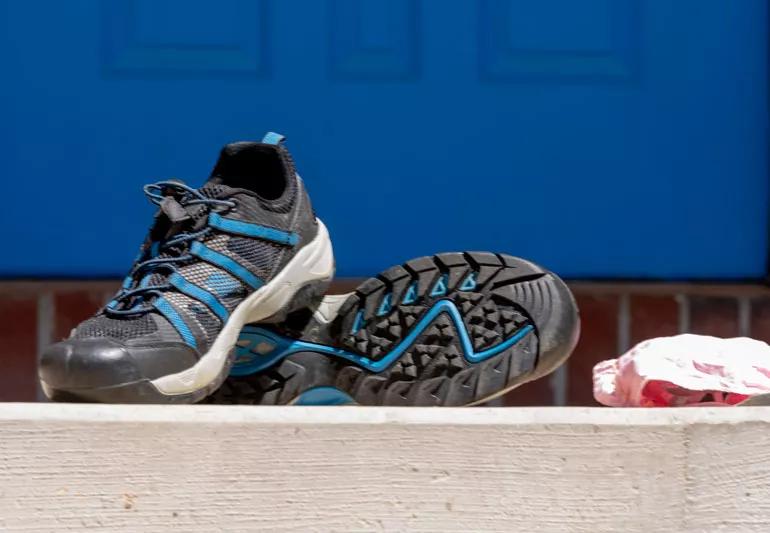
A: So far, one small study has found evidence that the 2019 novel coronavirus can be carried on shoes. However, it is very unlikely that this is a major way that the virus is transmitted.
Advertisement
Cleveland Clinic is a non-profit academic medical center. Advertising on our site helps support our mission. We do not endorse non-Cleveland Clinic products or services. Policy
The researchers who did the study swabbed several surfaces at a hospital in Wuhan, China, in units where COVID-19 patients were being cared for. They found genetic material from the coronavirus on half of the samples they took from the bottoms of medical workers’ shoes. They also found evidence of the virus on floors, including areas beyond where COVID-19 patients were being treated.
While this suggests that shoes could be a vehicle for the virus, there’s a caveat to the study. The researchers’ tests did not determine the amount of “viable virus” on the shoes and floors. This means that it is not known whether there was enough of the virus, or if it was stable enough, to be infectious and cause disease if someone were to come in contact with it.
The idea that this coronavirus can be carried on shoes also hasn’t been tested outside of a medical setting where patients with active infections are staying.
For now, we still think the virus is spread mainly from person-to-person through droplets that fly out of a sick person’s mouth when they cough, sneeze or talk. These droplets can land on other people, or they can land on surfaces such as the floor, as droplets follow gravity. If someone touches a contaminated surface and gets the virus on their hand, they could potentially transfer the virus into their own bodies by touching their eyes, nose or mouth.
Advertisement
If coronavirus droplets are on the bottom of your shoes, even if they are viable, they would only be able to cause an infection in you if you were to touch that surface directly and then touch your face.
So while it won’t hurt to clean your shoes and avoid wearing them in the house, practicing regular hand sanitizing, avoiding touching your face with unwashed hands, and social distancing are your best bets for avoiding infection.
— Pulmonary and critical care specialist Joseph Khabbaza, MD
Advertisement
Learn more about our editorial process.
Advertisement
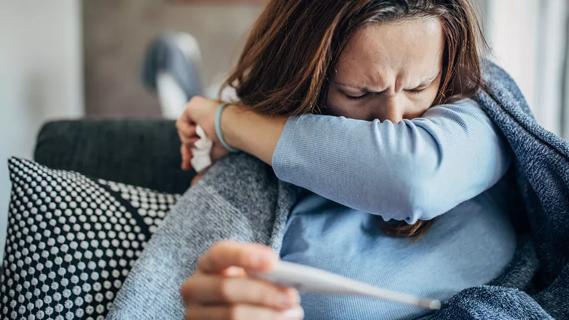
It’s best to treat flu-like symptoms as if you have COVID-19

COVID-19 reinfections are on the rise, and there’s no limit to how many times you can get infected

What we do – and don’t – know about the latest COVID-19 variant
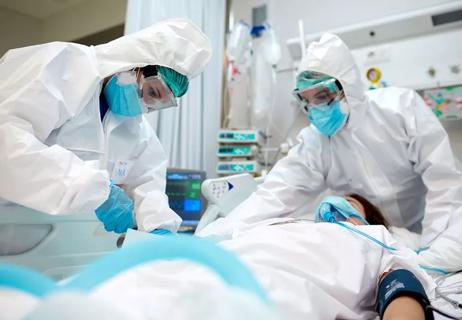
A look at four medications and how they're being used
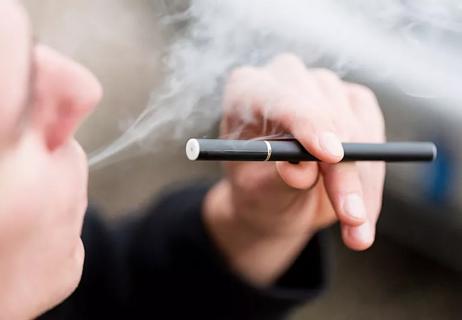
More data that two are directly linked
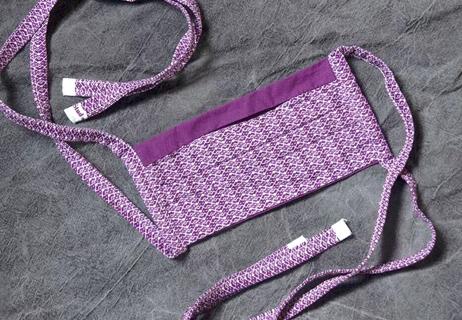
Are you wearing yours the right way?

The short answer from an infectious disease specialist

It's all about small goals and riding the emotional wave

Type 2 diabetes isn’t inevitable with these dietary changes

Applying a hot or cold compress can help with pain